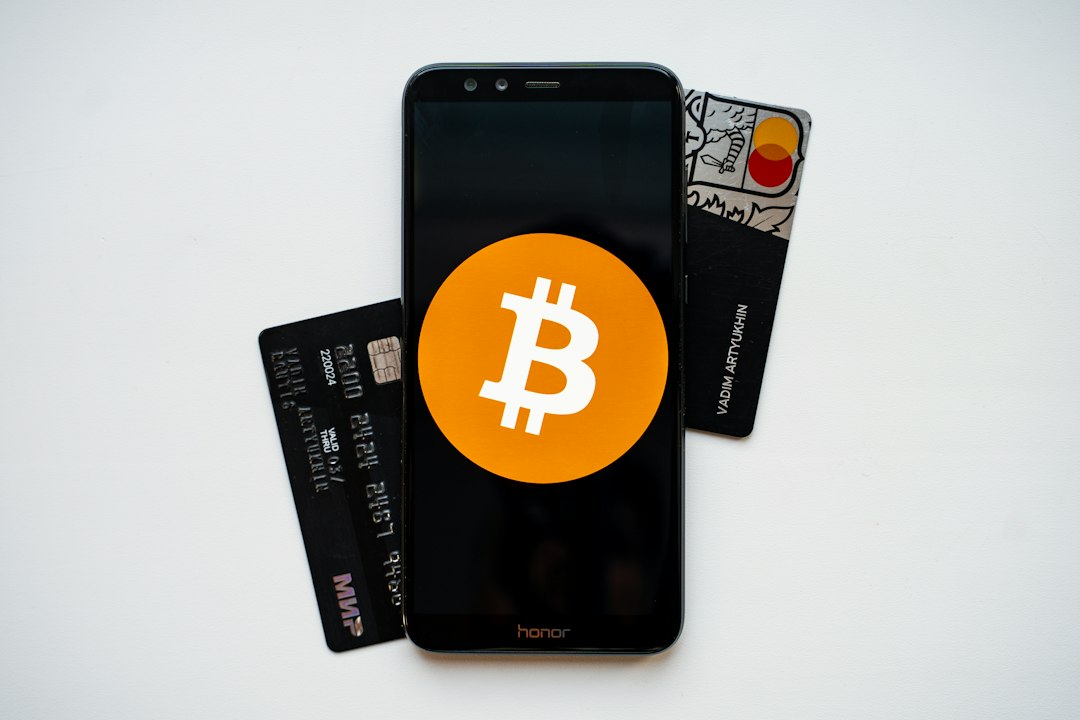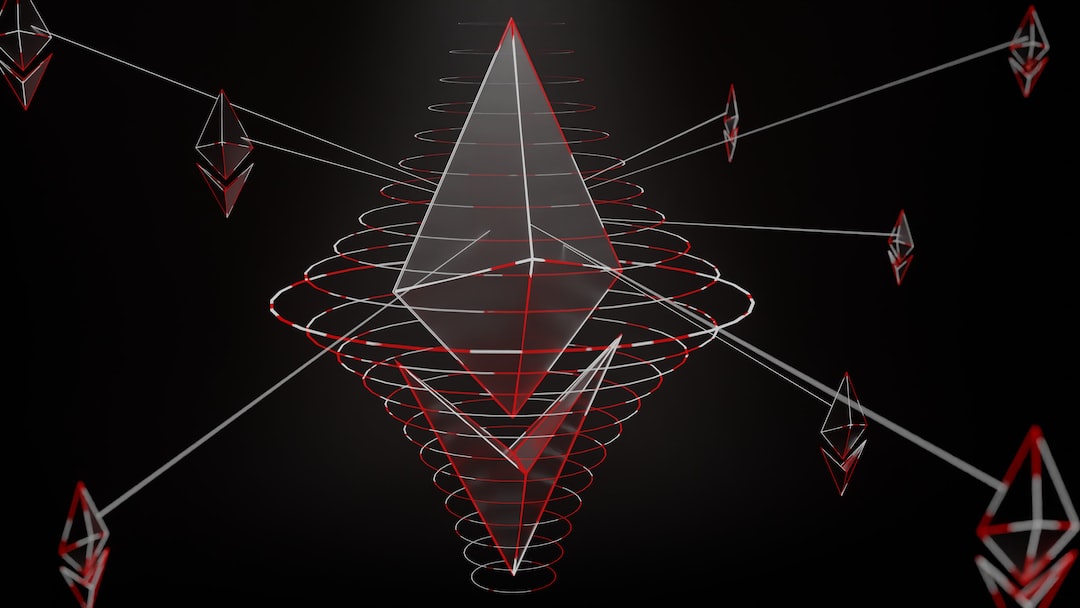Understanding Blockchain and Smart Contracts
Blockchain technology and smart contracts have revolutionized digital transactions and contracts by providing enhanced security, transparency, and efficiency. In this article, we will delve into the concepts of blockchain and smart contracts, their applications, and their impact on various sectors.
What is Blockchain?
Blockchain is a decentralized ledger technology that records transactions across a network of computers. It consists of interconnected blocks that store transaction data. Unlike traditional centralized systems, blockchain relies on a network of computers to maintain the ledger, ensuring decentralization and preventing single points of failure. Blockchain has far-reaching applications beyond cryptocurrencies, offering innovative solutions in finance, healthcare, and other industries.
Security
Blockchain provides a high level of security through cryptographic techniques. Once a transaction is recorded on the blockchain, it becomes virtually impossible to alter, ensuring data integrity.
Transparency
Transactions on a blockchain are transparent and visible to all participants. This transparency reduces the potential for fraud.
What are Smart Contracts?
Smart contracts are self-executing agreements with terms encoded into computer code. They automatically execute when predefined conditions are met. Smart contract developers play a vital role in creating agreements that automate processes and transactions in the blockchain ecosystem.
Self-Executing
Smart contracts eliminate the need for intermediaries by automating contract execution. When specific conditions are met, the contract’s actions are triggered without human intervention.
Blockchain Technology
Smart contracts are typically built on blockchain platforms like Ethereum. The decentralized and immutable nature of blockchain ensures the security and integrity of the contract.
Code-Based
Smart contracts are written in code, defining the rules and obligations of the parties involved. The code is stored on the blockchain for transparency.
Trust and Transparency
The transparency of blockchain technology and the cryptographic security of smart contracts enhance trust among participants. Everyone can see the terms and track the execution of the contract.
Applications
Smart contracts have diverse applications beyond cryptocurrencies. They are used in real estate transactions, insurance claims processing, supply chain management, and more.
Legally Binding
The legal status of smart contracts varies by jurisdiction. Some countries recognize them as legally binding, while others are still developing legal frameworks.
Impact on Industries
- Finance: Blockchain enables faster, secure cross-border transactions and reduces intermediaries’ costs.
- Supply Chain: It enhances traceability and ensures product authenticity.
- Healthcare: Patient records can be securely stored and shared among authorized parties.
- Legal: Smart contracts simplify and automate legal processes, reducing costs.
- Gaming: Blockchain and smart contracts are used for in-game assets and collectibles in the gaming industry.
Hot Take: Blockchain and Smart Contracts Revolutionize Transactions
The advent of blockchain technology and smart contracts has transformed the way transactions and agreements are conducted. Their wide-ranging applications have reshaped business transactions in the digital age. As these technologies continue to evolve, we can expect even more groundbreaking changes in various industries. Blockchain and smart contracts provide enhanced security, transparency, and efficiency, making them invaluable tools in today’s business landscape.
Helen Brennan is a journalist with a focus on all things tech and a keen interest in AI, blockchain, and smart contracts.
Featured Image: Shutterstock/Catalyst Labs/LongQuattro





 By
By
 By
By
 By
By
 By
By

 By
By